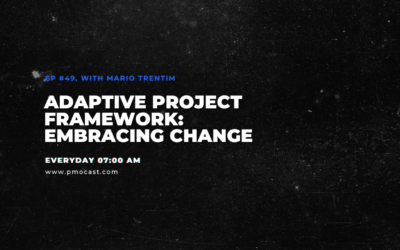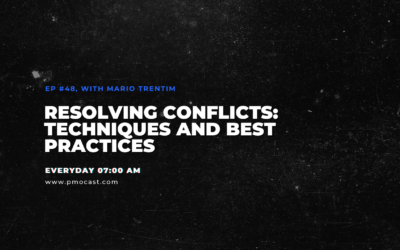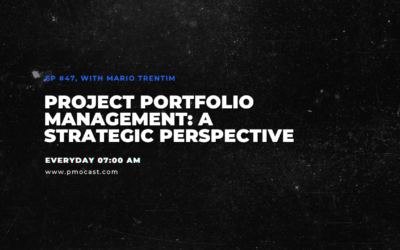Welcome to our all-inclusive guide to mastering project procurement. If you’re grappling with supplier-related challenges or managing contracts, this article will provide you with actionable insights to improve your procurement strategies.
Understanding Project Procurement
Project procurement is the process of obtaining necessary goods and services to execute a project. It includes activities such as selecting suppliers and negotiating contracts, making it a crucial aspect of project management. Project Management Institute (PMI), PRINCE2, and International Project Management Association (IPMA) all emphasize procurement as a key knowledge area.
Supplier Selection and Evaluation
The first step in supplier selection is defining your needs. Although it may seem straightforward, this critical step is often overlooked. After defining your requirements, request proposals or quotes from potential suppliers. The next stage is evaluation, where cost, quality, reliability, and the supplier’s track record should be considered. A helpful tool during this phase is the supplier scorecard, often used in large organizations’ procurement processes.
Navigating Contract Types
Understanding contract types can be complex but is essential for effective procurement. The PMBOK Guide from PMI outlines three main types: fixed-price, cost-reimbursable, and time and materials contracts.
1. Fixed-price contracts: Provide certainty about costs but can be risky for suppliers if costs exceed expectations.
2. Cost-reimbursable contracts: Pose more risk for the buyer as costs can escalate.
3. Time and materials contracts: Blend the two and are often used when the scope of work is uncertain.
Building Strong Supplier Relationships
Strong supplier relationships are essential for successful project procurement. Effective communication, understanding your supplier’s business and challenges, and ensuring timely payment are strategies that can help build and maintain these relationships. The goal is not just to secure the best deal but to create win-win situations, leading to reliable service and potentially innovative solutions that can benefit your projects.
Conclusion
Mastering project procurement is not an overnight task. However, with the right strategies, you can significantly enhance your project outcomes. For more details on what we discussed, you can visit the PMI, IPMA, or PRINCE2 websites, or refer to the PMBOK Guide for an in-depth look at procurement management.




0 Comments